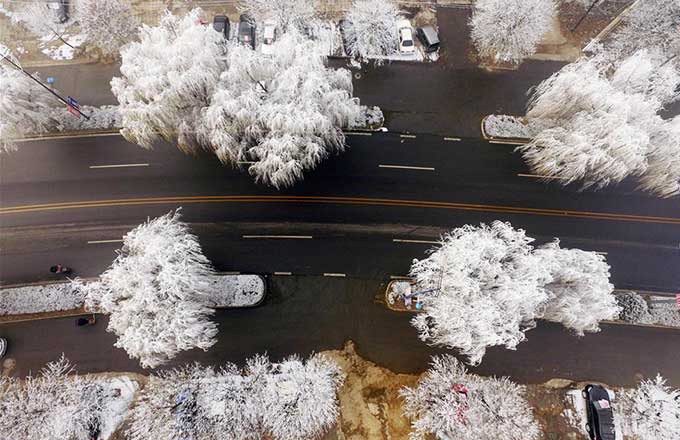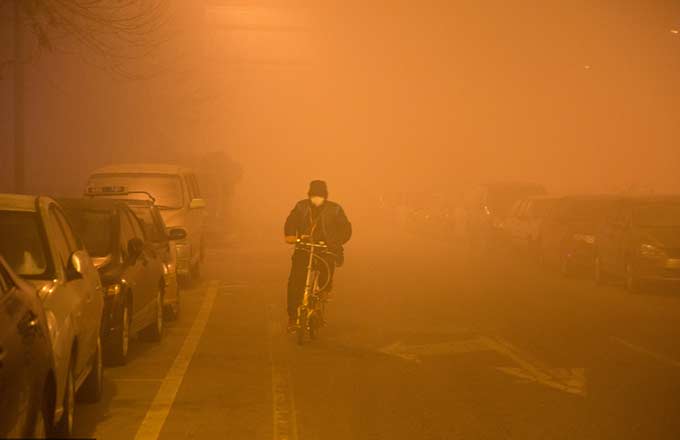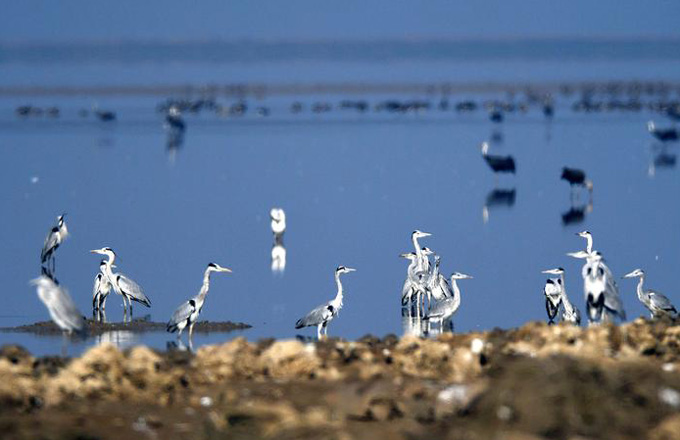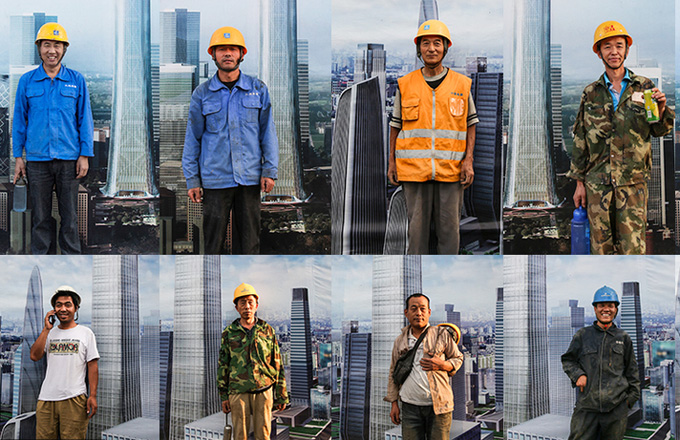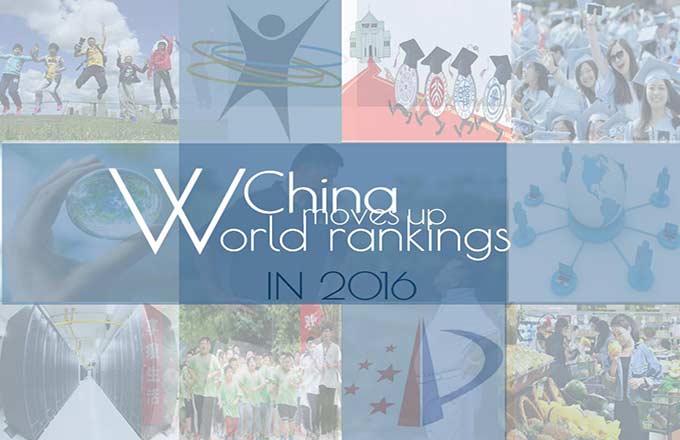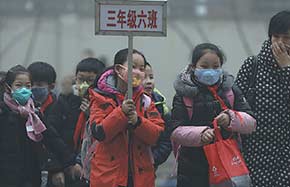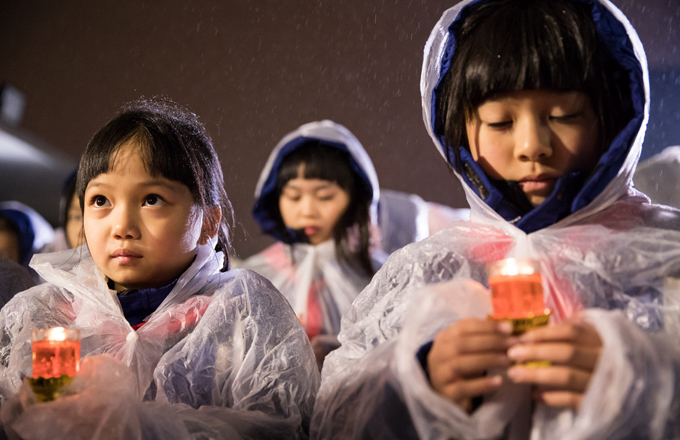Halting terror a 'common duty'
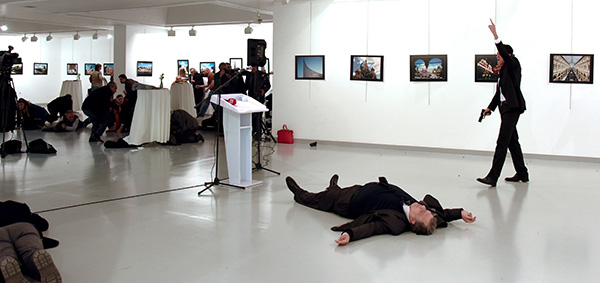 |
|
A gunman shouts slogans about the bombarded Syrian city of Aleppo after fatally shooting Russian Ambassador to Turkey Andrei Karlov at a photo gallery in Ankara on Monday. [Photo/Agencies] |
China calls on world to make combating violence a priority
The bloody attacks in Turkey, Germany and Switzerland on Monday might be related to the situation in Iraq and Syria, Chinese experts said, adding that global terrorism risks will increase next year.
Beijing called on Tuesday for the world to make combating terrorism a priority and to properly settle regional hot spot issues to contain the spread of terrorism.
"Combating all kinds of violence and terrorist acts should become the common duty and priority of regional countries and the global community," Foreign Ministry spokeswoman Hua Chunying told a regular news conference.
In Ankara, the Turkish capital, Russian Ambassador to Turkey Andrei Karlov was shot dead on Monday by an off-duty Turkish police officer who shouted slogans about Aleppo, a Syrian city where Russian bombardments have targeted rebel factions. The gunman was later killed by police.
In Berlin, a truck plowed into a Christmas market and killed 12 people. German Chancellor Angela Merkel said on Tuesday that the incident was a "terrorist" attack likely committed by an asylum seeker.
In Zurich, three people were wounded when a gunman opened fire in the prayer hall of a mosque frequented by Somali immigrants.
Hua extended deep condolences for the deaths of the Russian ambassador and other victims. As of press time, the Chinese Embassy to Germany had found no reports of Chinese casualties in the Berlin attack.
She said China resolutely objects to all terrorist activities. She called for the global community to strengthen anti-terror cooperation, abandon "double standards" on the issue and let the United Nations play a leading role.
Li Wei, director of the Institute for Security and Arms Control Studies of the China Institute of Contemporary International Relations, said that although there apparently was no direct connection between the attacks, the one in Turkey was related to the situation in Syria, while the one in Berlin likely targeted Christians, which is in line with the thinking of religious extremism.
"And the attack in Zurich possibly was targeted at Muslims, a move that might be related to the rising ultraright forces in Europe. And the forces have been spurred by the refugee crisis and terror attacks."
He said that in 2017, efforts to fight the Islamic State group will continue, and as a result, terrorist attacks in Western countries might increase.
Li Shaoxian, director of the China-Arab Research Institute at Ningxia University, said that "the three attacks coming at the end of the year also sent a signal".
"I'm afraid that there might be very serious terrorism risks in 2017."
Sun Zhuangzhi, secretary-general of the Shanghai Cooperation Organization Research Center at the Chinese Academy of Social Sciences, said that Russia will thoroughly investigate the case and harshly punish anyone involved.
However, the recently repaired Russia-Turkey relations are unlikely to be hampered, he added, since improved relations benefit both sides.
Ruan Zongze, vice-president of the China Institute of International Studies, said that despite the terror attack, Russian President Vladimir Putin won't retreat on the Syria issue.
"He will seek further consensus with Turkey and possibly send more forces to Syria to stabilize the situation," Ruan said.




